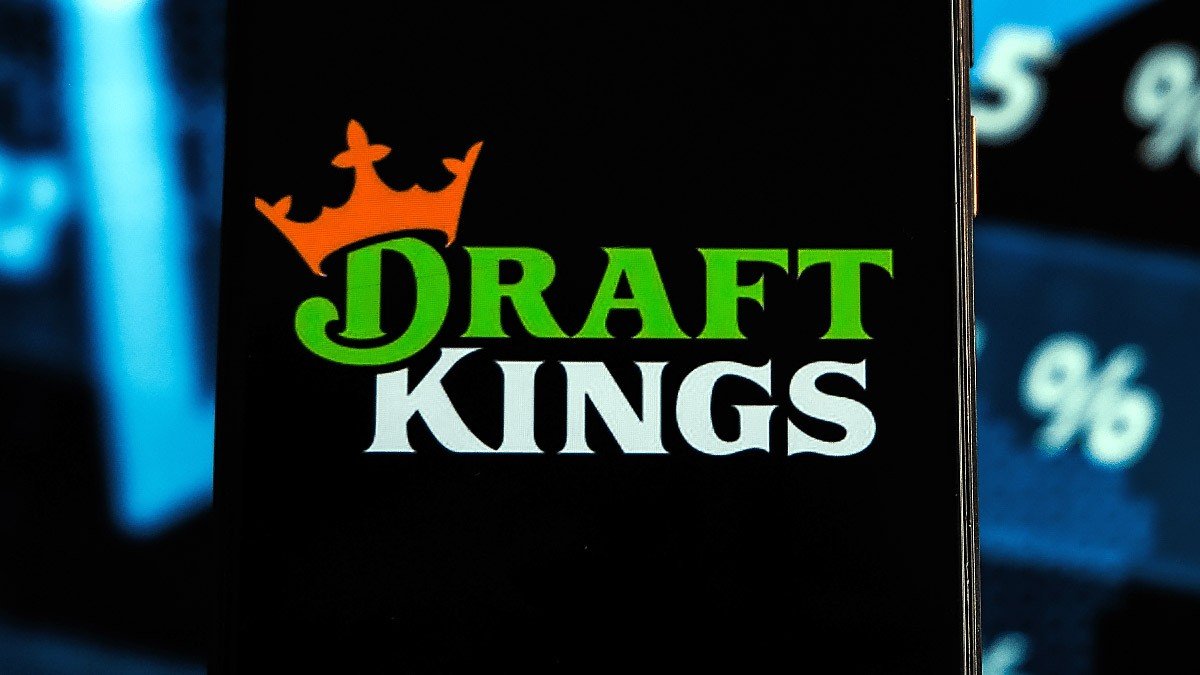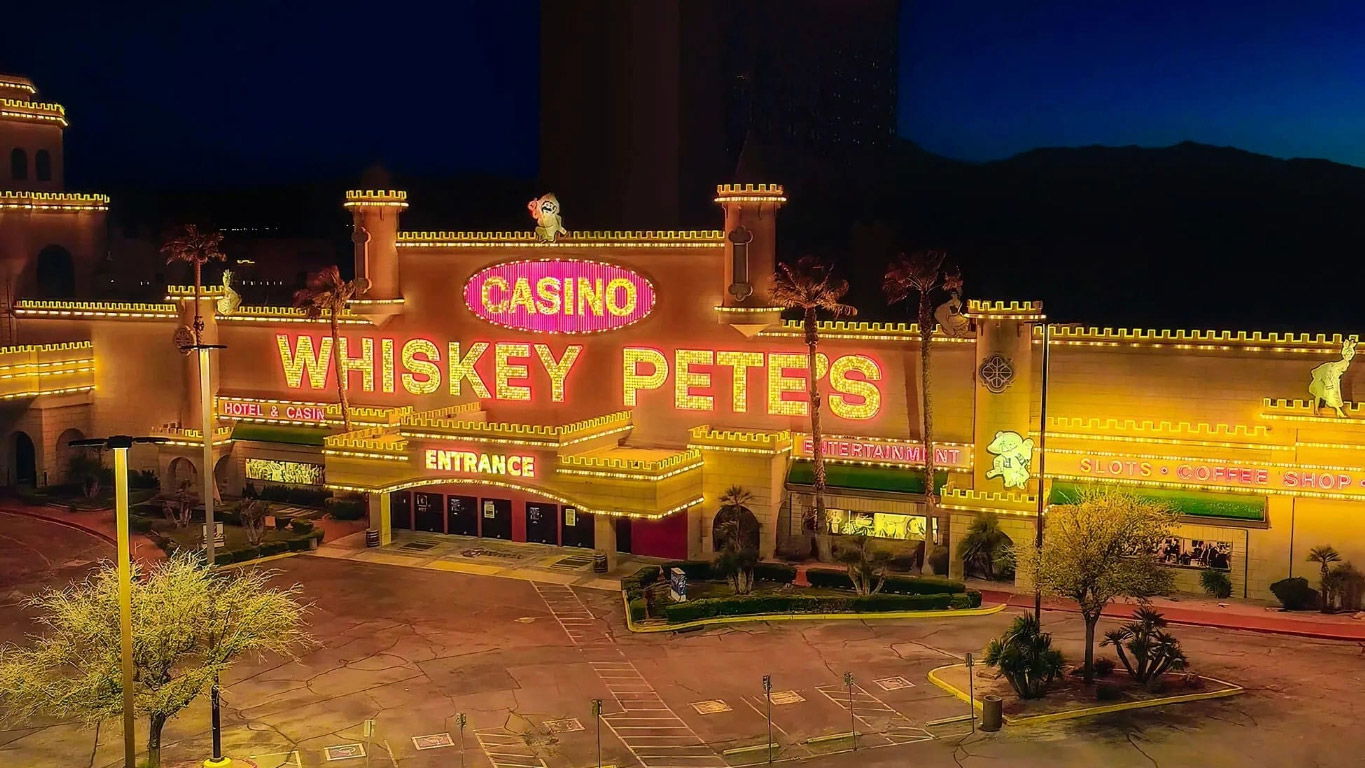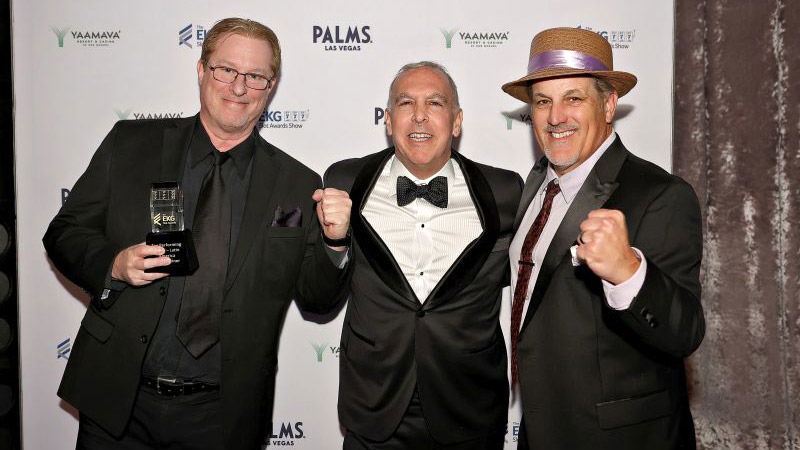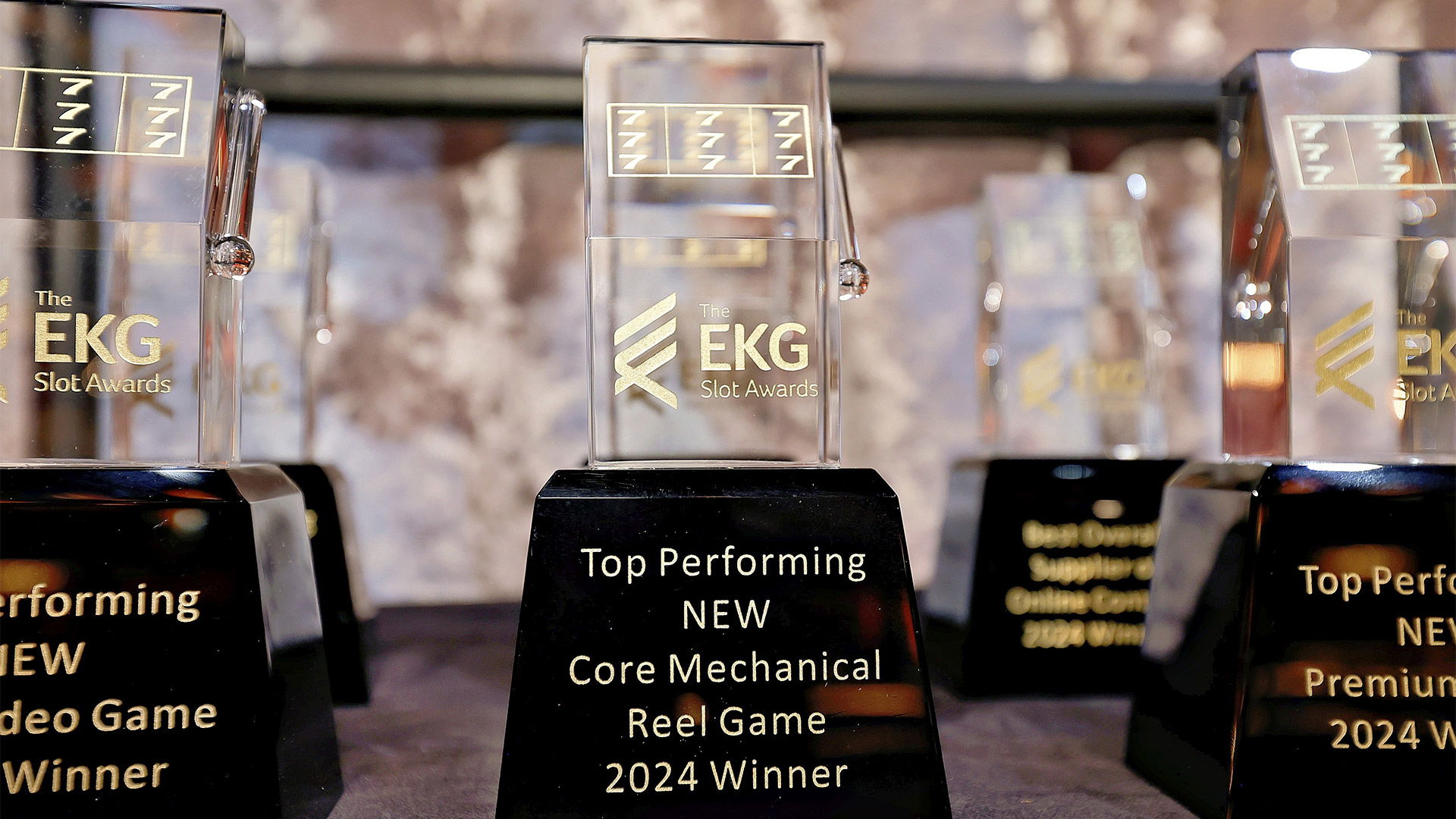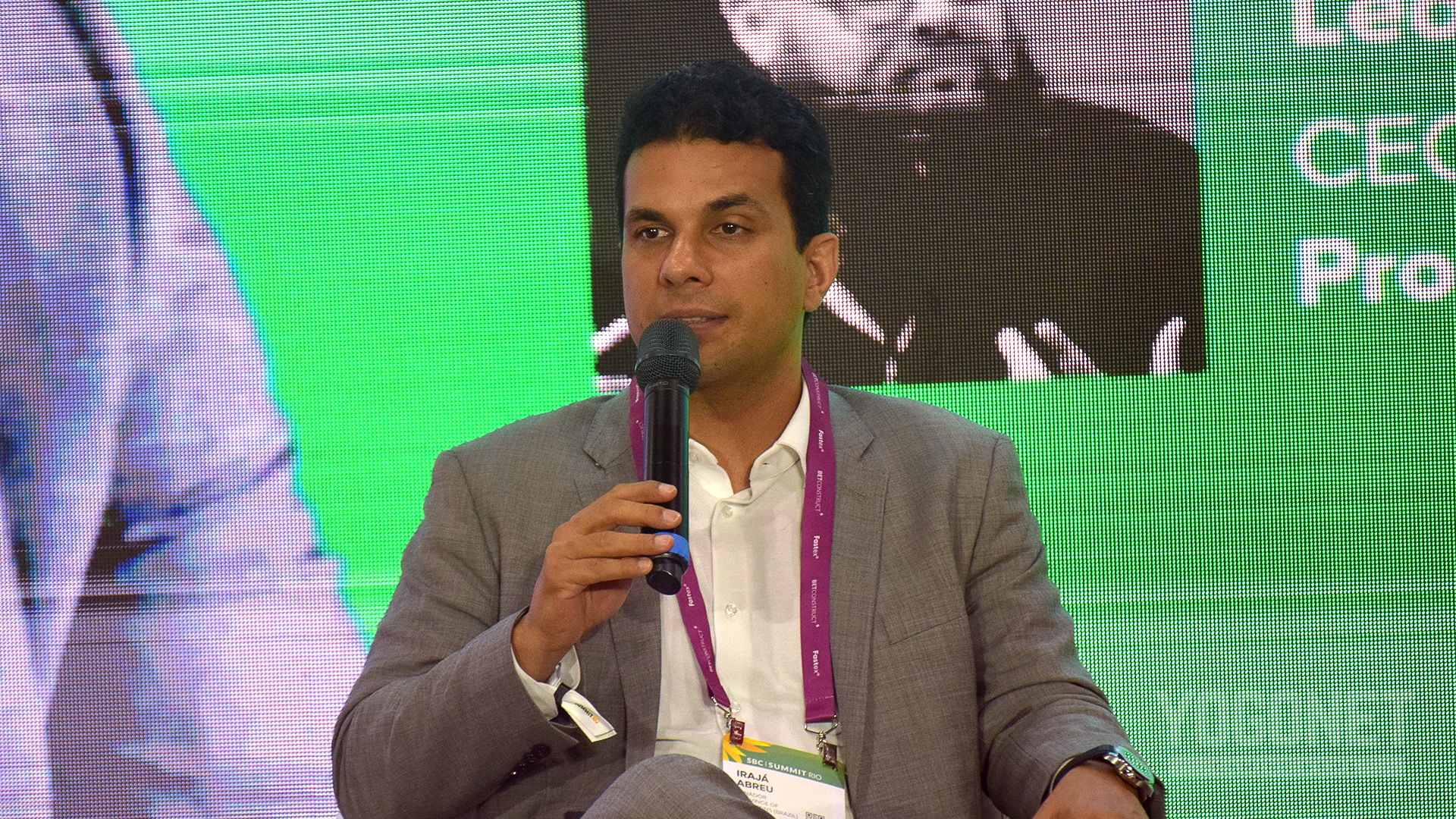Missouri casino association to appeal ruling in unregulated slot machines case

The Missouri Gaming Association, which represents Missouri's 13 riverboat casinos, is seeking a new opportunity before a state court to argue that unregulated slot machines at gas stations, bars and truck stops are illegal.
In a lawsuit filed last Wednesday, the Missouri Gaming Association is seeking a ruling that would prevent Torch Electronics, allied with a convenience store operator, from engaging in "illegal competition" against licensed, taxed and regulated casinos, reports the St. Louis Post-Dispatch.
“Torch Electronics is an illegal competitor and its illegal gaming devices are harming our members,” the gaming association said in a statement. “Torch’s illegal gaming devices take money away from veterans, local cities and education in the form of lost tax revenue and admission fees and this needs to be stopped.”
This appeal follows Cole County Circuit Judge Daniel Green's recent ruling that denied Wildwood-based Torch's attempt to prevent the Missouri State Highway Patrol from investigating whether the company’s machines are illegal.
Torch claims that its machines, similar to casino slot machines but not taxed or regulated, are for "amusement" purposes, even though players can win money with them. The company argues that a “pre-reveal” feature, showing the outcome of the next play, makes its games legal because it allows players to walk away from the game if they would lose money. Torch also argues that because the outcomes are not generated randomly the games do not violate state law.
In the ruling, Judge Green dismissed the lawsuit, stating that Torch and Warrenton Oil Co. cannot use the court system to prevent the highway patrol from carrying out its law enforcement duties.
Charles Hatfield, an attorney representing the company, announced that he would appeal the decision, seeking to have the machines declared legal and not considered gambling by the legal definition.
In response, the state's casinos have filed a countersuit seeking to have the courts declare that Torch's gaming devices violate the state constitution. "We look forward to the decision being reversed, to trying our case and stopping Torch’s illegal competition," the gaming association said.
The casinos argue that they have made significant investments in their facilities, pay state and local taxes and are subject to state regulation, while companies like Torch operate without proper oversight. In addition, the Missouri Gaming Association says Torch does not contribute to a fund to support problem gambling, and that there are few safeguards to prevent minors from playing on its machines.
Torch is one of the main providers of unregulated slot machines in the state, although other operators have emerged since the 2021 lawsuit. Prior to the lawsuit filed by Torch, state and local police were investigating and referring cases of illegal gambling to prosecutors, but those efforts have waned as they await the outcome of this case.



